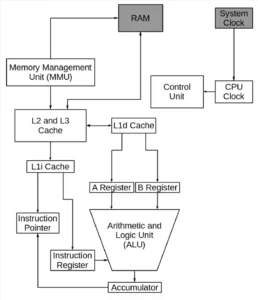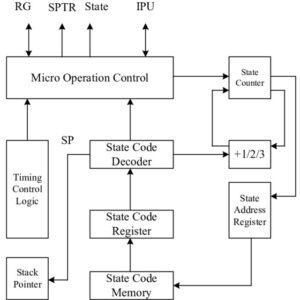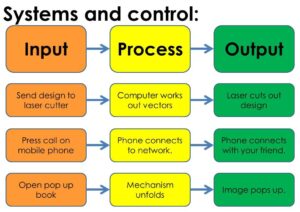Back to: Computer Science Primary 3
Welcome to class!
In our previous lessons, we explored the parts of the CPU. Today, we will learn about the important functions that the CPU performs in a computer.
System Unit IV – Functions of CPU
Functions of the CPU

- Processing Data
The primary function of the CPU is to process data. It can perform mathematical calculations, logical operations, and much more.
For example, when you play a game, the CPU calculates the game’s movements and actions.

- Controlling Operations
The CPU is like the boss of the computer. It controls all the operations.
It decides what to do next, like opening a program or saving a file.
- Fetching Instructions
The CPU fetches instructions from memory, like RAM. These instructions tell it what to do.
It follows these instructions step by step.
- Storing Data
The CPU can store small amounts of data in its registers. These are like tiny storage spaces. It uses this data for quick calculations.

- Managing Input and Output
The CPU handles input devices (like the keyboard and mouse) and output devices (like the monitor and printer).
It makes sure your commands are carried out and that you see the results.
The CPU works at lightning speed. It follows a series of steps to process data, and it does this over and over.
In conclusion, CPU is the heart and brain of the computer. It processes data, controls operations, fetches instructions, stores data, and manages input and output.
Without the CPU, a computer wouldn’t be able to do much at all.
This knowledge will help you understand how a computer functions, and you’ll appreciate the role of the CPU in making it all possible.
We have come to the end of today’s class. I hope you enjoyed the class!
In the next class, we shall be discussing Meaning and Types of Storage Device.
In case you require further assistance or have any questions, feel free to ask in the comment section below, and trust us to respond as soon as possible. Cheers!
Question Time
- What are the main functions of the CPU in a computer system?
- How does the CPU process data, and why is this function important?
- Explain the role of the CPU in controlling computer operations. Give an example.
- What is the significance of fetching instructions for the CPU, and where does it fetch these instructions from?
- Describe the purpose of registers in the CPU and how they are used.
- How does the CPU manage input and output devices in a computer?
